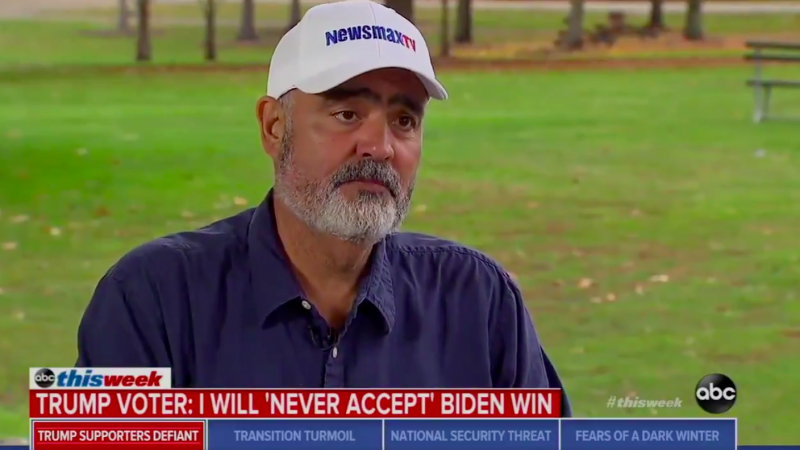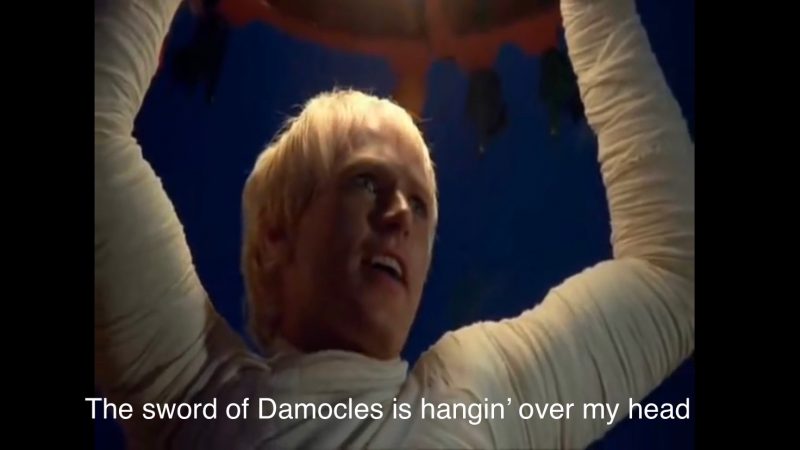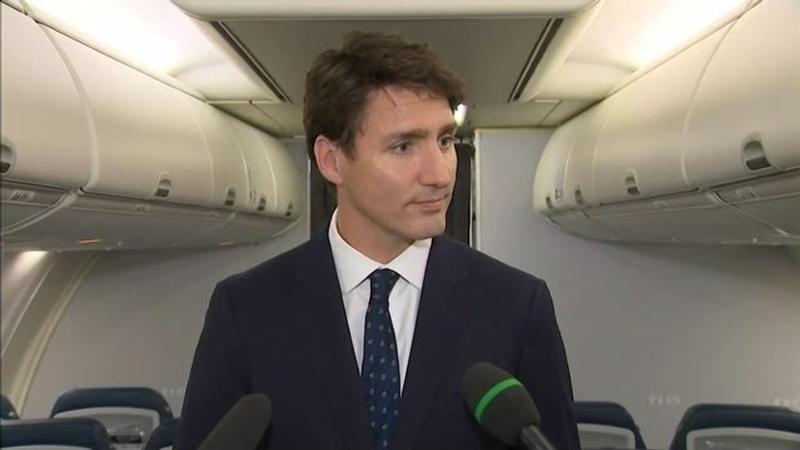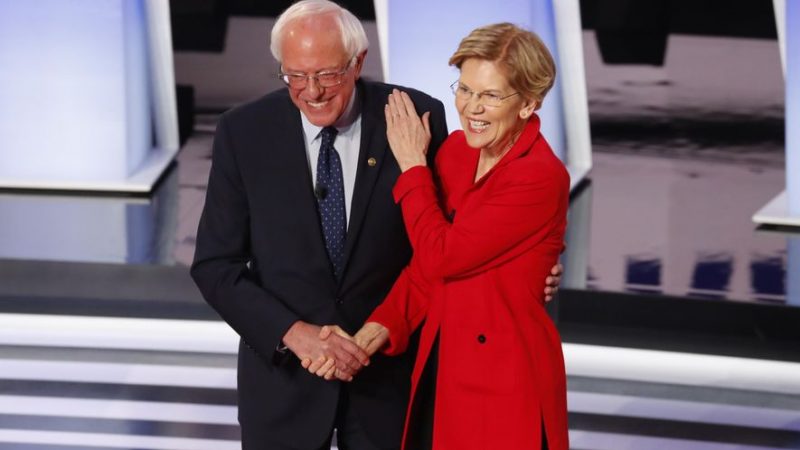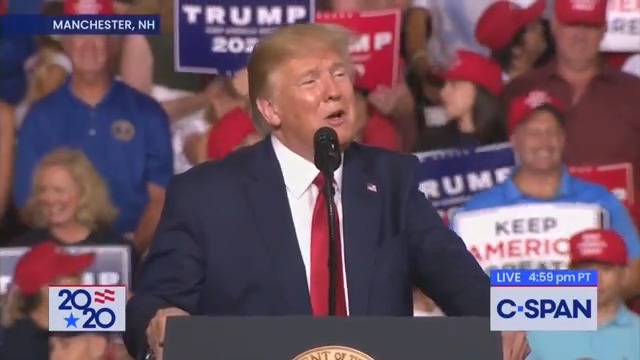GOP Donors Nervous That Trump Is Going to Wing It as Far as 2020 Strategy Is Concerned
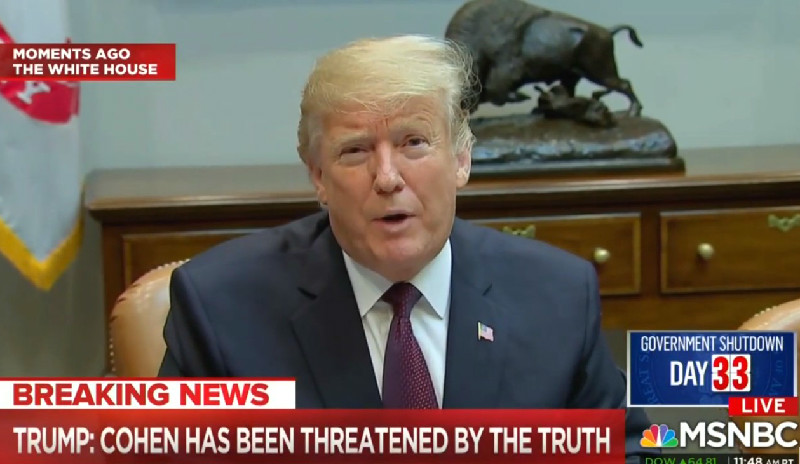
The 2020 election is gearing up, and some wealthy Republican donors are nervous about Donald Trump’s lack of a strategy to win re-election. No, really.
Over at the Intelligencer blog, Eric Levitz examines the donors’ fears expressed at a retreat at the end of January and asks a pertinent question: Why on Earth would these wealthy donors think they are getting a more disciplined and strategic Donald Trump this time around?
From Levitz’s piece:
“Asking this president not to surround himself with yes-men and nepotism hires is to demand he abandon his entire philosophy of governance; asking a senescent narcissist — with an addiction to livetweeting Fox News — to ‘stay on message’ is to demand the impossible.”
The data points underlying the donors’ nervousness are obvious. The GOP got wiped out in the 2018 midterms, and mostly retained the Senate because the scattering of right-leaning voters across a large number of rural states leaves the upper chamber inherently biased towards conservatives maintaining power. There is undeniable energy in the Democratic Party, with activists and elected officials riding momentum from their midterm gains.
Given this state of affairs, one could reasonably expect the Trump campaign, in the form of its manager Brad Parscale, to have tried to assuage donor nerves at the January retreat. Parscale appears to have not done that, and instead left the distinct impression that the campaign is massaging poll numbers it presents to Trump to fit his belief that he’s doing fine and doesn’t need to change course.
But one can go further with the question of what donors are expecting from Trump to ask why they are putting this on his shoulders, and not on the Republican Party in general.
Faithful partisans would normally look to a president for party-building. Failure to perform this function was a criticism leveled at Barack Obama for much of his presidency. Trump has never seemed to grasp that this is part of his job. So it is pretty clear that he cannot be relied upon to pay attention to party infrastructure or recruiting good down-ballot candidates to run against Democratic incumbents in congressional races. There is a leadership vacuum at that level of the party, just as there is a leadership vacuum in the White House.
From Trump’s point of view, none of this is a problem. For one thing, he’s lazy and assumes other people will pick up his slack. For another, he is going to spend the next year and a half obsessing over the vast Democratic presidential field because, as a narcissistic bully, he is always looking for his next target. He will do this at the expense of thinking more widely about down-ballot races at any level, federal, state or local. It is not surprising that he either does not know or does not care that this lack of a long-term strategy affects the rest of the GOP.
In Trump’s mind, why shouldn’t he do everything the same as in 2016? It worked for him then!
This is all known to the plutocrats complaining to Brad Parscale, or at least it should be. And yet, as they head into the election with the advantage of incumbency in the presidency and a map that makes the GOP the odds-on favorite to keep control of the Senate, they find themselves and their party yoked to Trump. They are tied to a man with no broader plan than to tell everyone else to grab onto the saddle horn and hold on for dear life. Obviously, this makes them nervous about committing millions of dollars to a presidential campaign. But what about down-ballot races, if they don’t see a solid strategy from the GOP for taking back the House?
This all sets up an interesting dynamic heading into next year, in which the party and its incumbent president might look as if they are running on two parallel but totally separate tracks. It has to be unnerving for donors and party faithful. But if such uncertainty comes to pass, it is the result of a party-wide failure to step up and take control of election strategy, rather than waiting for the dithering, barely sentient Cheetoh in the White House and his tiny inner circle of yes-men to do it for them.

